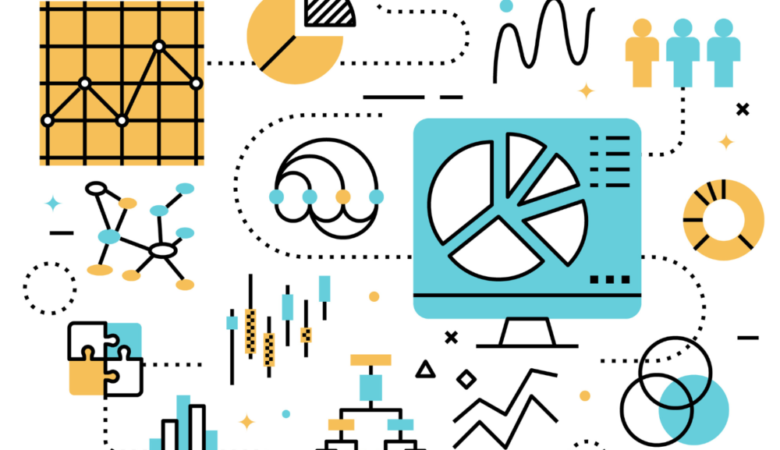Imagine you’re building your dream home. Your first step will surely be to draw up a plan that details all the features you want. This process will be highly valuable, since by doing it you’ll clearly identify your needs and desires, lay them out in black and white, and organize them so they meet all the requirements for this house to become a reality. It’ll take some time, but the results will be worth it.
Just as when you build your dream home, in order to grow the skills of your company’s employees and effectively guide their development, you’ll need to start with the end goal in mind: it should be clear what practices and performance levels the company needs in order to grow and be successful. This should be expressed in a plan, a skills map, that human resources or talent development should create with the company’s leadership.
If designed correctly, this map will be the plan to follow. Using it as a base, skill evaluations can be implemented to accurately assess the degree to which employees have mastered the skills required for their jobs, detect where there are gaps, and better gear training efforts toward filling these gaps.
These evaluations can be carried out through various methodologies, including the ones below:
-
Self-Evaluation
Most employees want to do the best work possible, perfect their skills, and advance professionally. Self-evaluation is a good starting point for honestly evaluating their performance and focusing on their improvement areas.
-
360º Feedback
Coworkers, subordinates, superiors, and occasionally clients and suppliers provide information on an employee’s performance. This evaluation can provide a more holistic view, as multiple perspectives tend to indicate areas of improvement more precisely.
-
Evaluation by superiors
Evaluations by a director or supervisor must examine knowledge and skills to determine if there are differences between current performance and the desired performance level. This can help identify if an employee needs to acquire more knowledge or just additional practice in order to achieve a skill.
-
Performance Evaluation
This evaluates an employee’s suitability for performing a role based on how they carry out certain specific tasks related to their work, which may include group or individual projects and simulated environments.
-
Psychometric Tests
These are useful tools for objectively evaluating behaviors in certain situations and for detecting strengths and opportunity areas that can serve as a starting point for growth.
-
Field Observations
These are carried out in the workplace and allow for performance evaluation based on the analysis of events and situations that an employee faces every day.
Evaluating employees’ skills and orienting development programs requires an investment in time but results in employees who are more motivated about their personal development.
With the results of these evaluations, HR or talent development will have key information for creating programs based on skills that optimize training budgets and even allow for personalized employee development.
At IDESAA, we carry out skill evaluations in various development programs and provide participants with feedback on their results. That way, all the participants can understand themselves better and be fully informed of their strong points as well as what they need to develop. This has allowed them to focus on and make faster progress in their training, developing the skills that are truly key for their current roles or those they might have in the future.
Additionally, it is highly recommended that evaluations are carried out before and after the program. Evaluating skills before gives us a baseline to measure from. Later, using the same parameters, completing an evaluation afterwards allows us to objectively verify progress and growth.
In summary, evaluating employees’ skills and orienting development programs requires an investment in time but results in employees who are more motivated about their personal development, more efficient, and more suited to their roles, which makes the company more competent in terms of its outlined plan.
About the Author:

Yolanda Barquera is Director of Talent Development at IDESAA. She is a business coach and consultant in talent development and process analysis. She is passionate about development and processes of change and loves to get new opportunities to continue learning. She is a specialist in e-Learning project design and implementation.








